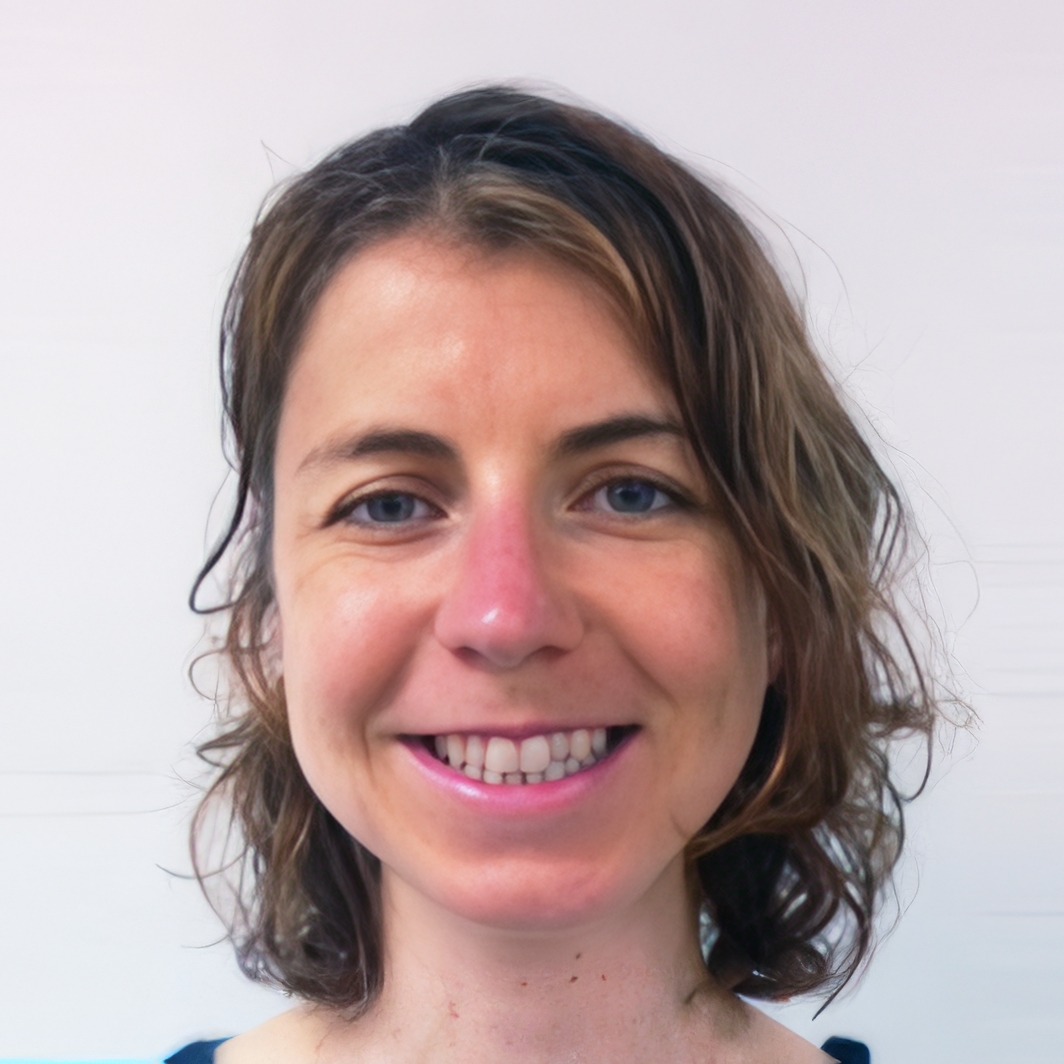Tell us about your current research project
Our team has shown that exercise can improve fitness, walking mobility, cognition, fatigue, quality of life, mental health and levels of pain in MS. Yet, we have also shown that levels of exercise are low in MS. We have established that persons with MS want to receive exercise promotion from MS neurologists and nurses and that neurologists and nurses believe it is their role to promote exercise, yet consider they lack the knowledge, strategies, resources and confidence to promote exercise to people with MS. This results in multiple missed opportunities in the clinic to treat MS symptoms through exercise.
In our study, we hypothesise that a consumer co-designed exercise promotion intervention and toolkit for MS healthcare providers can increase exercise promotion in the clinic, leading to increased exercise behaviour in persons with MS who receive targeted exercise promotion.
We will develop, evaluate and test our exercise promotion intervention and toolkit in MS healthcare providers, and assess the change the toolkit has on the promotion of exercise in clients with MS. We’ll aim to learn if targeted exercise promotion in the clinic influences exercise behaviour.
